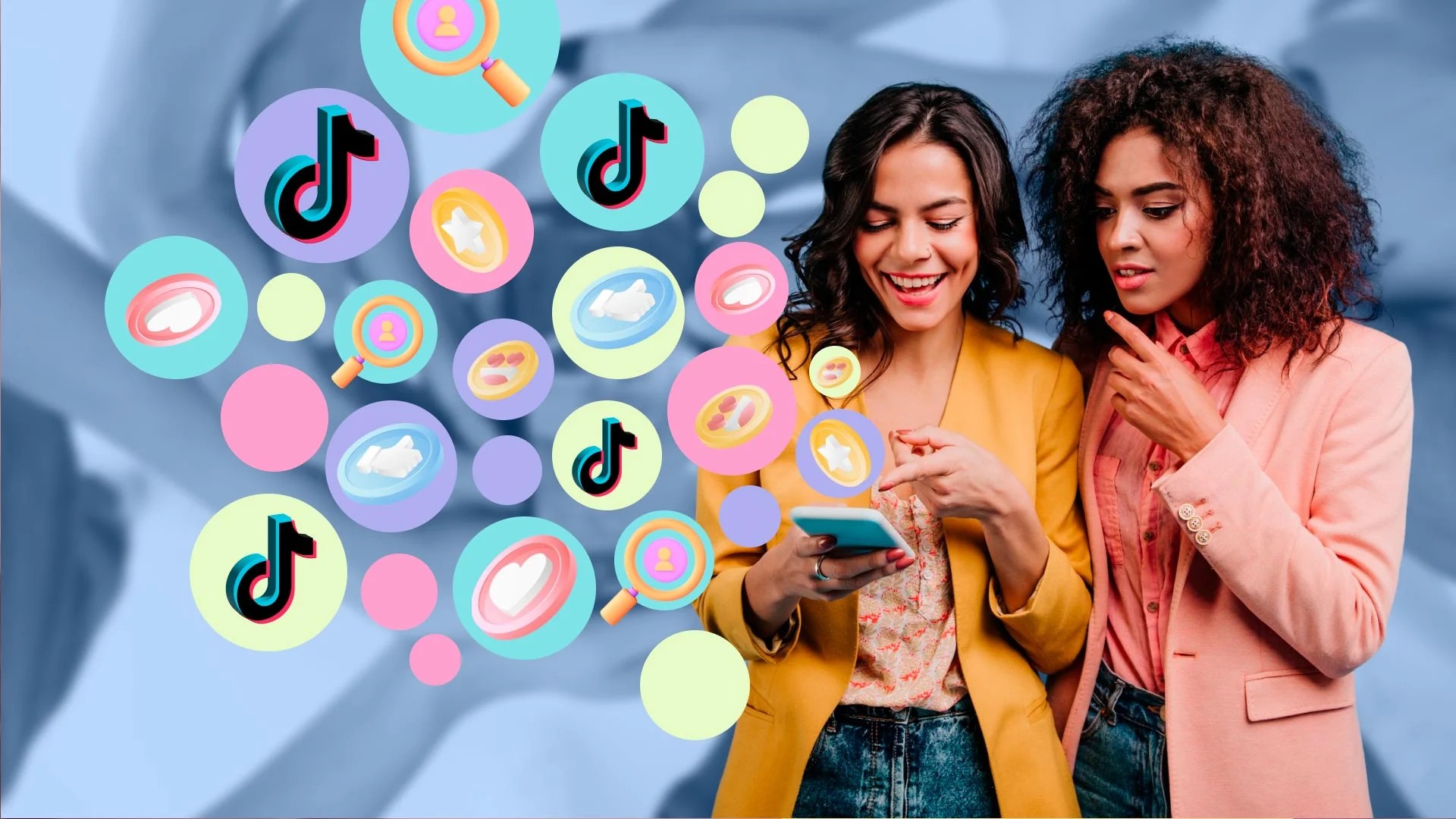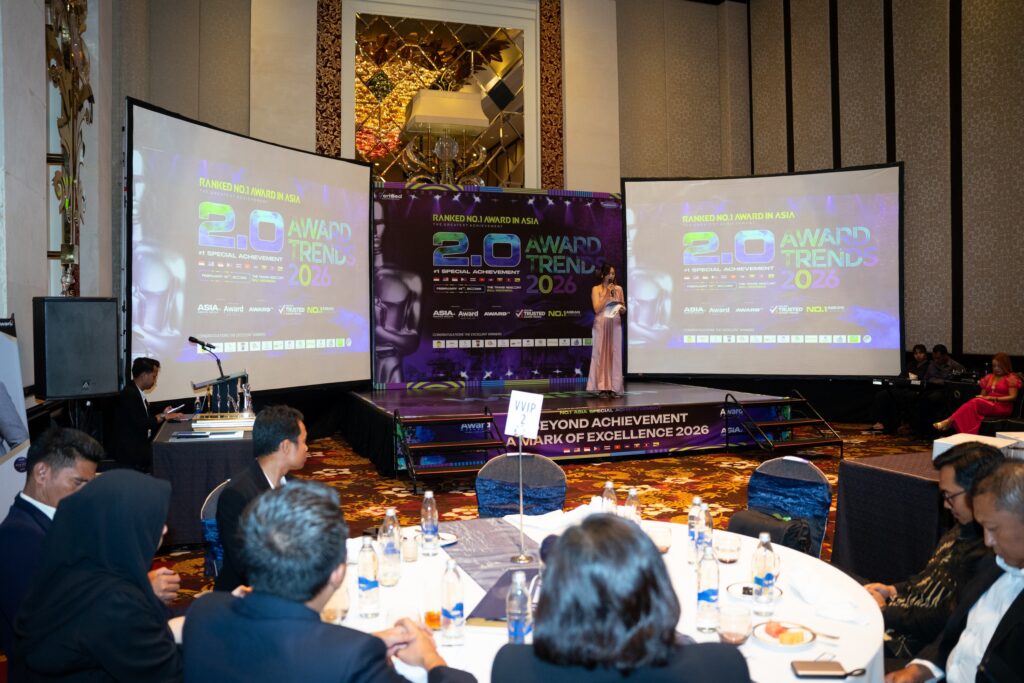New York — Joanne Molinaro spent over a decade carving out a name for herself in corporate law, rising to the role of partner at a top Chicago firm. Yet, her professional triumphs often felt hollow.
“I was paying my bills, I was successful on paper, but I was miserable,” Molinaro admitted during a recent interview on CNN’s Terms of Service podcast. “I thought this was the trade-off adults made—sacrificing passion for practicality.”
Her escape came in the most unexpected of ways. Like many during the initial lockdowns of 2020, Molinaro turned to TikTok as a form of distraction. Though she initially only consumed content, she began posting cooking videos to share her culinary experiments. One video unexpectedly gained traction, launching her into the public eye.
Within a year, Molinaro left her legal career to focus on TikTok full-time. Under the handle @TheKoreanVegan, she not only cultivated a loyal following but also published a bestselling cookbook and secured a stable income through brand partnerships. Her story epitomizes the opportunities TikTok has created for individuals seeking to turn personal interests into lucrative careers.
Now, those opportunities are under threat. A proposed U.S. law could ban TikTok entirely unless its Chinese parent company, ByteDance, divests from the platform. The Biden administration and national security officials argue that TikTok’s data collection practices could allow the Chinese government to spy on American users or manipulate the platform for geopolitical gain.
The Justice Department has emphasized the risks in its filings, stating, “TikTok gathers an unprecedented amount of data on its users, data the People’s Republic of China could exploit for malicious purposes.” ByteDance denies these claims, maintaining that user data is securely stored outside China and asserting that a ban would be a violation of constitutional rights.
For creators like Molinaro, these legal battles are more than abstract policy debates—they are existential threats to their livelihoods. TikTok’s distinctive algorithm, which curates content based on user preferences rather than social networks, has allowed creators to achieve unprecedented visibility in record time.
Eli Rallo, a TikTok creator with over a million followers, credits the platform for her career. She recalls her first viral video, an offbeat clip featuring her family, which racked up 200,000 views overnight. That moment propelled her into full-time content creation, where she now secures five-figure brand deals and works on her second book.
Yet Rallo is deeply concerned about the prospect of a ban. “TikTok is where my audience is. It’s where my income comes from. If the app is banned, it would fundamentally change my financial situation,” she said.
Molinaro, too, has felt the ripple effects of uncertainty. Since news of the potential ban surfaced, brands have been hesitant to invest in TikTok campaigns, leading to a noticeable drop in her sponsorship earnings.
Shifting to other platforms like Instagram or YouTube presents its own challenges. These platforms often prioritize different content formats, and creators must start from scratch to understand their algorithms and rebuild audiences. Additionally, the close-knit communities formed on TikTok may not transfer seamlessly to other apps.
Despite these challenges, creators are exploring new ways to safeguard their careers. Many are diversifying their presence across platforms, while others are leveraging email newsletters to maintain direct connections with their followers. However, the uncertainty surrounding TikTok’s fate looms large, leaving creators and their teams in a state of limbo.
For Molinaro and her peers, the lessons of this precarious moment are clear. “You can build everything on social media, but you have to remember—it’s not solid ground,” she said. As the future of TikTok hangs in the balance, the app’s creators face a stark reality: adaptability and resilience may once again be their greatest assets.







